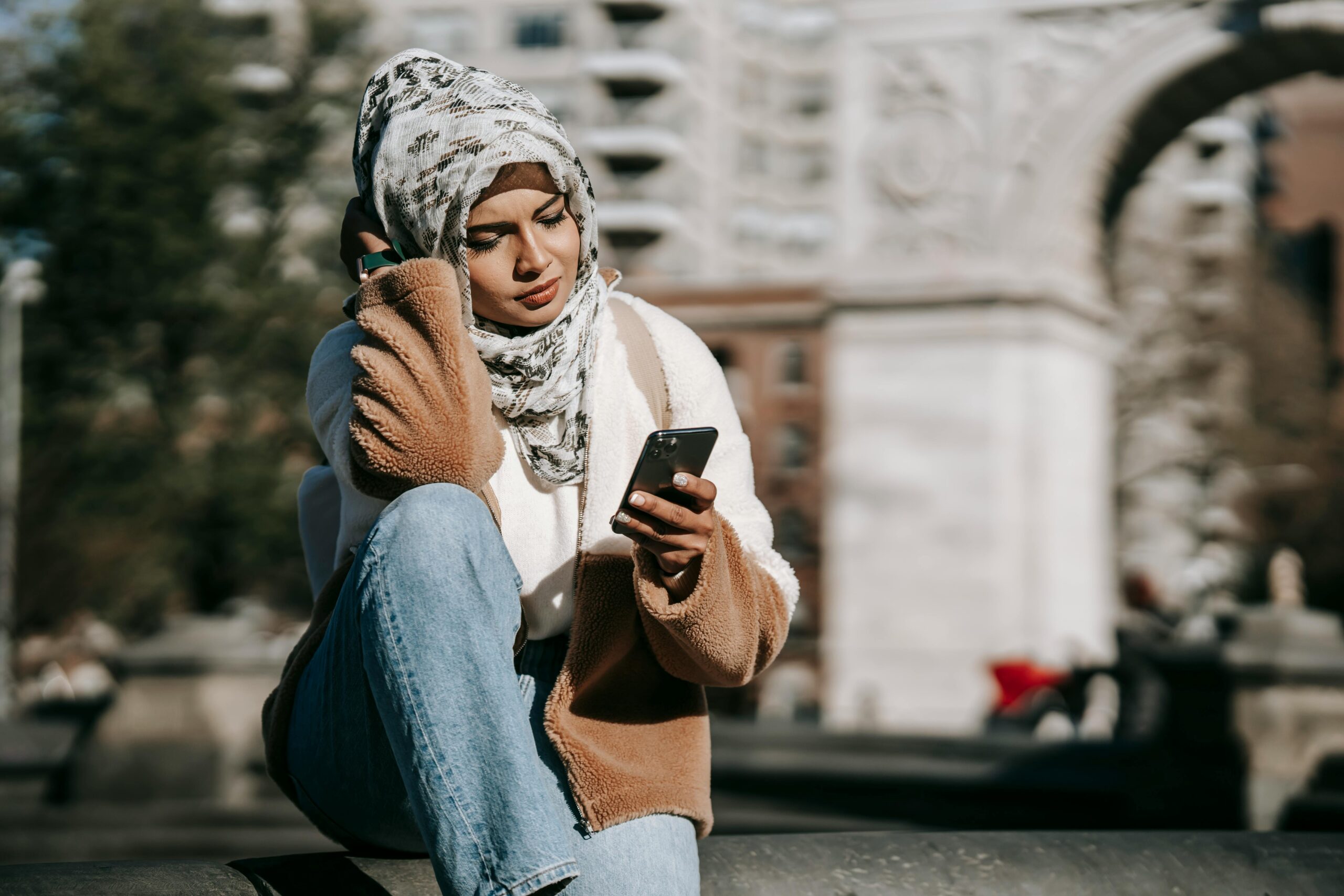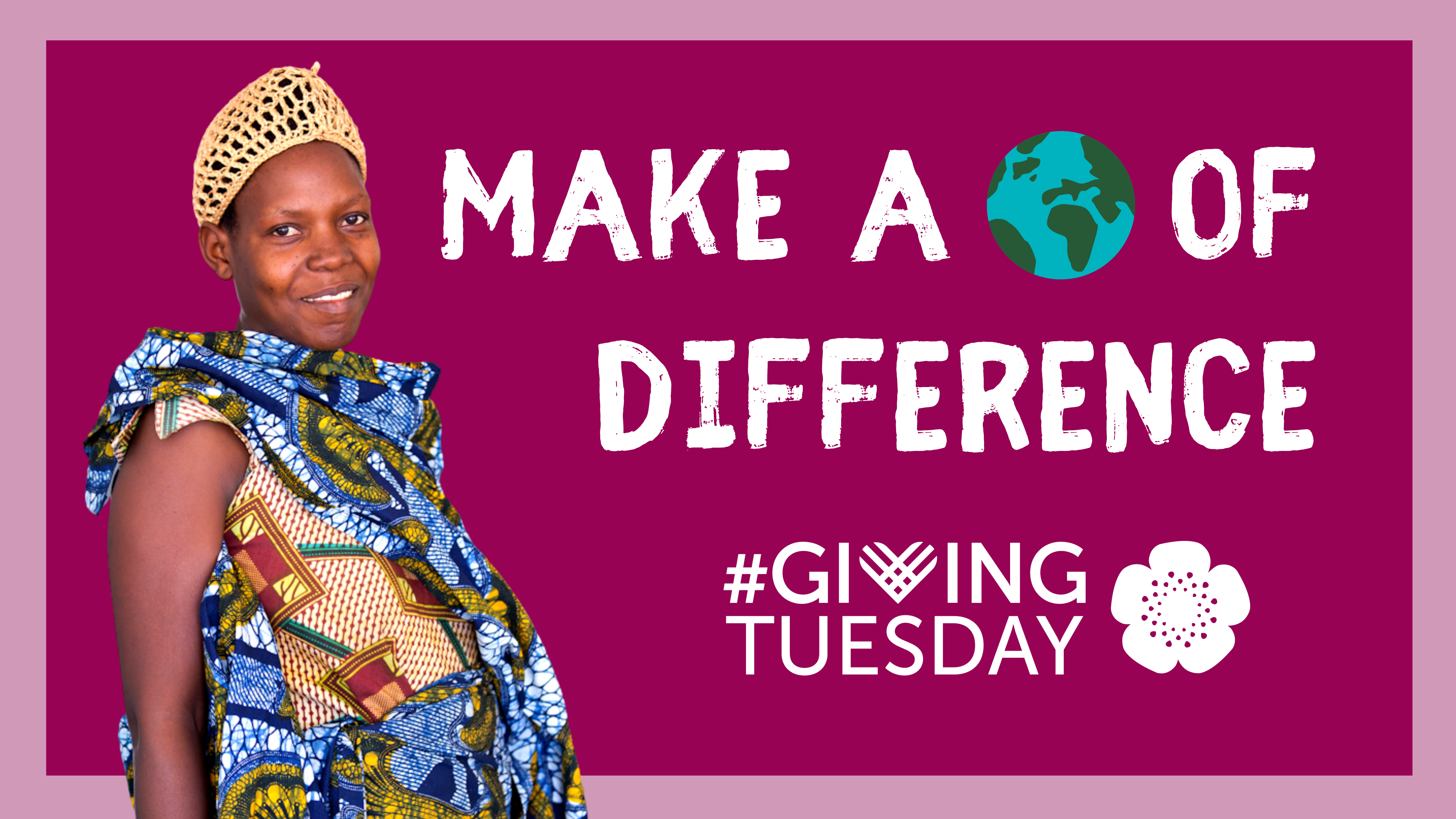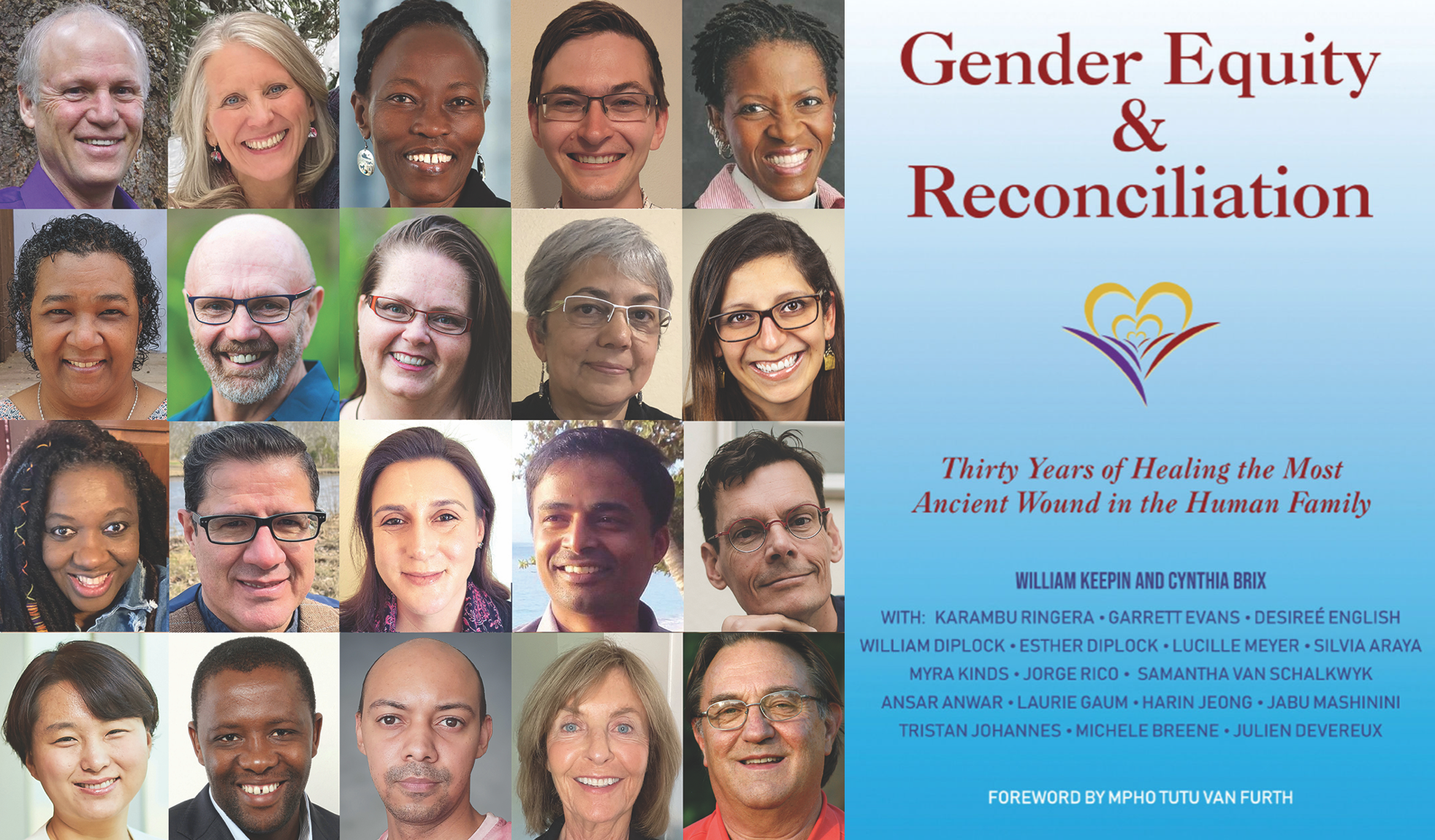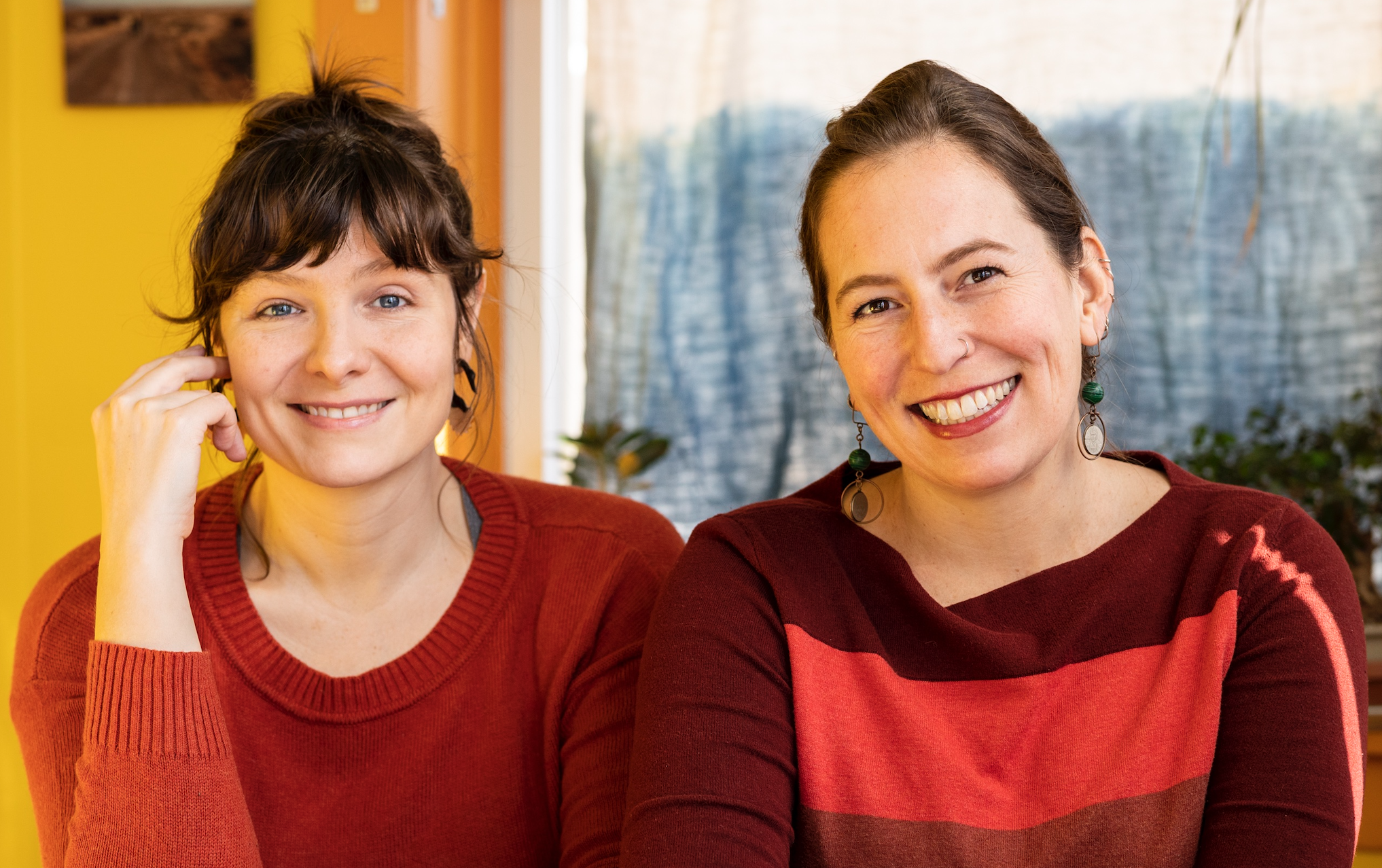
We’ve all heard the saying “actions speak louder than words”. We absolutely believe this, but also, in equal measure, that words matter greatly. What we teach our children has the potential to influence the rest of their lives and their communities around them.
When it comes to messages about equality and human rights, it can in some cases mean the difference between those who triumph in life and those who are crushed. Gender equality has become a major focus around the world in a number of different ways. In 2015 the United Nations launched its 17 Sustainable Development Goals with an aim to eradicate poverty by 2030, and one of its crucial goals was on gender equality.
We have enough data, studies and historical references to show that when women and girls are empowered financially and with education opportunities. economies and communities and families thrive. One of the greatest barriers to gender equality is not only economic, but physical. Violence has become an accepted form of subjugation and in certain countries, it happens on a regular basis because of the lack of laws that punish perpetrators.
According to a survey conducted in 2010, nearly 45% of 15-49 year old women reported having experienced physical or sexual violence, with husbands and partners cited as common perpetrators. Another survey from 2011 found nearly 1 in 3 girls and 1 in 7 boys experience sexual violence, and over 70 per cent of children experience physical violence before the age of 18.

Because of stigma attached to victims of violence, many of these incidents never get reported. Almost half of women under the age of 50 say they have been physically or sexually assaulted at some point in their lives. An organization called Tanzania Media Women’s Association (TAMWA) asserts that much of this gender violence stems from a culture rooted in patriarchal dominance, which allows men to violate the basic human rights of women and children.
“We need to promote positive behaviors at individual, family and community levels if we are to stop violence against women and children,” said TAMWA managing director Valerie Msoka in 2011 about this epidemic.
It’s not enough to stop violence or create legislation to prevent such atrocities, we need to radically transform attitudes and hearts about humanity and break the cycle of violence and subjugation in order to have a real effect. Tanzania has taken a step forward in this area by launching a ground-breaking training course that will address stigma, stereotypes and biases about about gender violence court cases especially.
It is being led by Tanzanian Chief Justice Mohamed Chande Othman and has a focus on human rights and violence toward women and children.
“The judiciary is fully committed to improving the current system, and will take leadership on how to properly handle violence against women and children court cases,” said Judge Othman.

The course was produced in collaboration with Tanzania Women Judges Association (TAWJA) and UN Women Tanzania and will give judges, magistrates and county clerks the tools they need to effectively handle human rights violations and gender violence cases. It will also empower them to understand the role they can play in transforming culture with their legislative powers.
Judge Othman told News Ghana that there are far too many cases where evidence is not properly collected or entered into the system which leads to a lack of conviction of perpetrators.
“We have some unfortunate instances where judicial officers are not aware of reforms in the law, such as amendments made to Section 127 of the Tanzania Evidence Act, and therefore continue to practice using outdated methods of collecting evidence,” he said.
“It is important to note that violence against women and children is not tolerated at any level in any progressive society,” he added.
The cultural attitudes toward gender violence are not just one-sided either, as this report from Boston University’s School of Public Health explains.
“In Tanzania, a 2010 survey found that 52.3 percent of male respondents and 58.3 percent of female respondents thought it was acceptable for a husband to beat his wife. That and other sexist beliefs manifest in GBV, heightened rates of HIV transmission, and other issues directly affecting public health,” writes Michelle Samuels.

A research project called Together to End Violence Against Women (TEVAW), which is made possibly by multiple partnerships with various organizations and institutions such as BU, has a key component to challenging harmful norms around gender.
Male peer group workshops explore topics such as exploring gender norms, intimate partner violence, and HIV prevention. While the results of this workshop are yet to be released, project facilitators note how both men and women are opening their eyes to the different role men can play within their families and communities.
“A lot of fathers were starting to take their kids to school as part of their daily routine, and a lot of them were setting aside money for food and clothes that previously they didn’t pay a whole lot of attention to,” said MPH student Nelson Holmes.
We need more of this all over the world. We have already seen a similar initiative being launched in India, where a non-profit organization is raising up male leaders to facilitate workshops teaching boys about gender equality. Gender violence cannot be solved with one solution, it has to be a collaborative effort with reform within the justice system as well as in the minds of communities that have been held back due to harmful cultural norms toward women and children.
The impact of a training course for Tanzania’s legislators, understanding the pivotal role they play in sending a message about gender violence, could be monumental.


















One thought on “Tanzania Launches Its First Ever Training Course On Human Rights & Preventing Gender Violence”